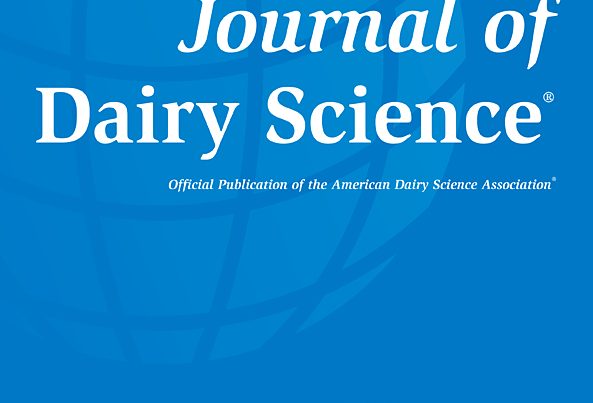Author: Jerson Andrés Cuéllar Sáenz
Preview: Laying hens can be greatly affected by heat stress, so it is important to know its impact and how to prevent it.
Table of Contents
1 Heat stress: importance in poultry farming
2 Impact of heat stress on laying hens.
2.1 Productive performance and nutrition
2.2 Mineral balance
2.3 Immune system
2.4 Mortality
2.5 Reproductive physiology
3 Control strategies against heat stress
3.1 Curtain management
3.2 Ventilation systems
3.3 Water and feed
3.4 Mineral and vitamin supplementation
3.5 Immunostimulants
4 CONCLUSIONS [...]
CONCLUSIONS : Laying hens have been genetically selected to increase their productive performance and efficiency. In addition, remarkable advances in nutrition and welfare have been applied to contribute to their production.
However, poultry physiology presents drawbacks to controlling excess heat. Poultry is characterized by a high metabolic rate and heat production that they are unable to dissipate. Therefore, heat stress occurs in poultry farming.
Heat stress generates different pathological effects in poultry, including a lower productive performance in laying hens which affects egg quality. In addition, feed intake is reduced, and the mineral balance is altered. The immune system is affected, as well as the physiology of the reproductive system.
There are several ways to face heat stress in poultry, which include correct management of curtains, the adaptation of ventilation systems, and revision of the water and feed supplied. Finally, some products provide vitamins and minerals to avoid heat stress, as well as immunostimulants that strengthen the poultry's immune system.






